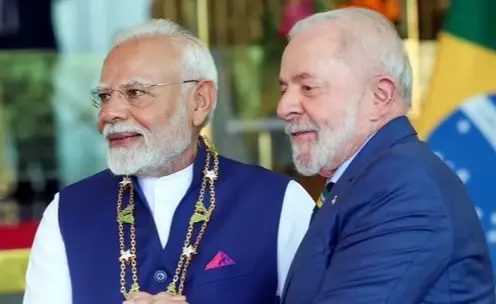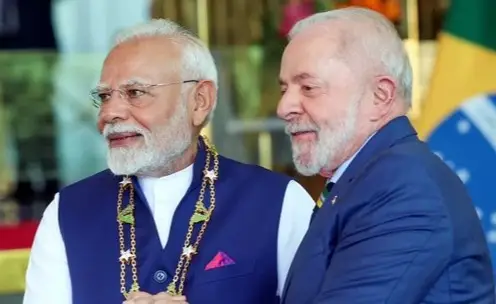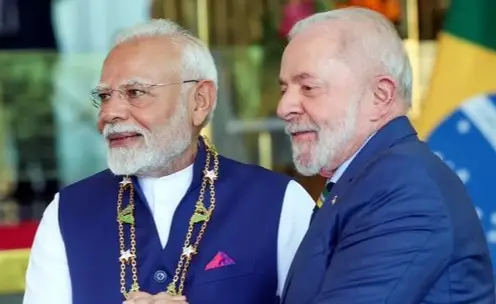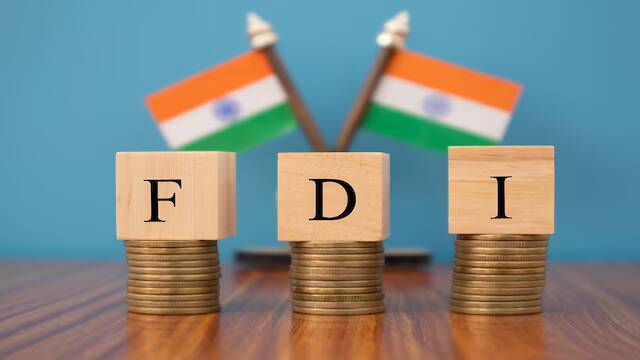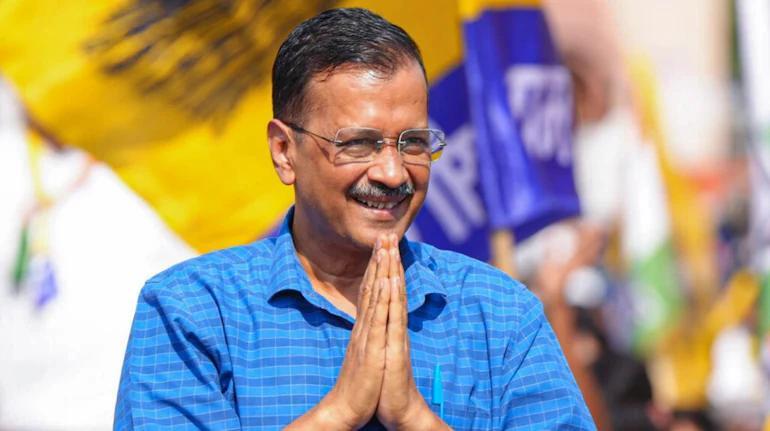
Direct attack on Punjab’s identity: Kejriwal on Chandigarh bill
The recent proposal by the Centre to bring Chandigarh under Article 240 of the Indian Constitution has sparked a heated debate in the country, with many opposition leaders strongly criticizing the move. Aam Aadmi Party (AAP) chief Arvind Kejriwal has been at the forefront of the criticism, terming the proposal a “direct attack on Punjab’s identity and constitutional rights.” In this blog post, we will delve into the details of the proposal, the reaction of the opposition, and the implications of such a move on the federal structure of the country.
The proposal to bring Chandigarh under Article 240 allows the President to directly legislate for the Union Territory (UT), effectively giving the Centre more control over the city. Chandigarh is currently the joint capital of Punjab and Haryana, and any move to alter its status is bound to have significant implications for the two states. Kejriwal, who is also the Chief Minister of Delhi, has been vocal in his opposition to the proposal, stating that it undermines the federal structure of the country.
“It’s a direct attack on Punjab’s identity and constitutional rights,” Kejriwal said, emphasizing the need to protect the rights of the people of Punjab. He added that the move is an attempt to centralize power and undermine the autonomy of the states. The AAP chief also questioned the timing of the proposal, asking why the Centre has chosen to bring it up now, after so many years.
Punjab Chief Minister Bhagwant Mann has also joined Kejriwal in criticizing the proposal, calling it an attempt to “snatch” Chandigarh from Punjab. Mann argued that Chandigarh is an integral part of Punjab’s identity and that any move to alter its status would be strongly opposed by the people of the state. The Punjab CM also pointed out that the proposal is a clear violation of the federal principles enshrined in the Constitution.
The opposition’s outcry has been met with a strong defense from the Bharatiya Janata Party (BJP), which has termed the criticism as “unwarranted” and “politically motivated.” The BJP has argued that the proposal is aimed at streamlining the governance of Chandigarh and ensuring that the city is developed as a model city. However, the opposition remains unconvinced, with many leaders seeing the move as an attempt to consolidate power and undermine the autonomy of the states.
The proposal to bring Chandigarh under Article 240 has significant implications for the federal structure of the country. The Indian Constitution is based on the principles of federalism, which emphasizes the importance of sharing power between the Centre and the states. Any move to centralize power and undermine the autonomy of the states is bound to have far-reaching consequences, including the erosion of trust between the Centre and the states.
Furthermore, the proposal has also raised concerns about the future of Punjab and Haryana, which have a long-standing dispute over the status of Chandigarh. The city was declared a UT in 1966, and since then, there have been periodic demands from both Punjab and Haryana to make it their capital. The proposal to bring Chandigarh under Article 240 has reignited the debate, with many in Punjab seeing it as an attempt to undermine their claims to the city.
In conclusion, the proposal to bring Chandigarh under Article 240 is a highly contentious issue that has sparked a heated debate in the country. While the Centre has defended the move as a necessary step to streamline the governance of Chandigarh, the opposition remains strongly opposed to it, seeing it as a direct attack on Punjab’s identity and constitutional rights. As the debate continues, it is essential to consider the implications of such a move on the federal structure of the country and the future of Punjab and Haryana.
The AAP and other opposition parties have made it clear that they will not allow the proposal to be passed without a fight. With the BJP defending the move, it remains to be seen how the situation will unfold. One thing is certain, however – the proposal to bring Chandigarh under Article 240 has opened up a Pandora’s box, and its implications will be felt for a long time to come.
